Points of Pride Timeline
Start scrolling to browse highlights of the college's legacy.
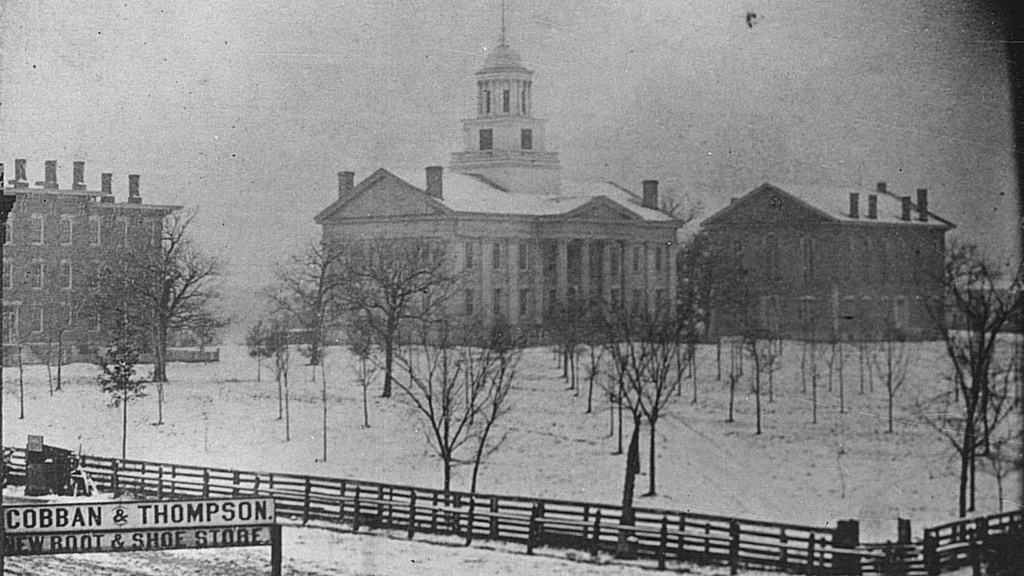
University of Iowa created
1847Iowa legislators create the State University of Iowa, the state's first public institution of higher education to provide teacher training for Iowa's growing population.
Five of the university’s first six degrees conferred are granted to teacher education graduates and in 1872, the university creates the nation’s first permanent college-level department of education.
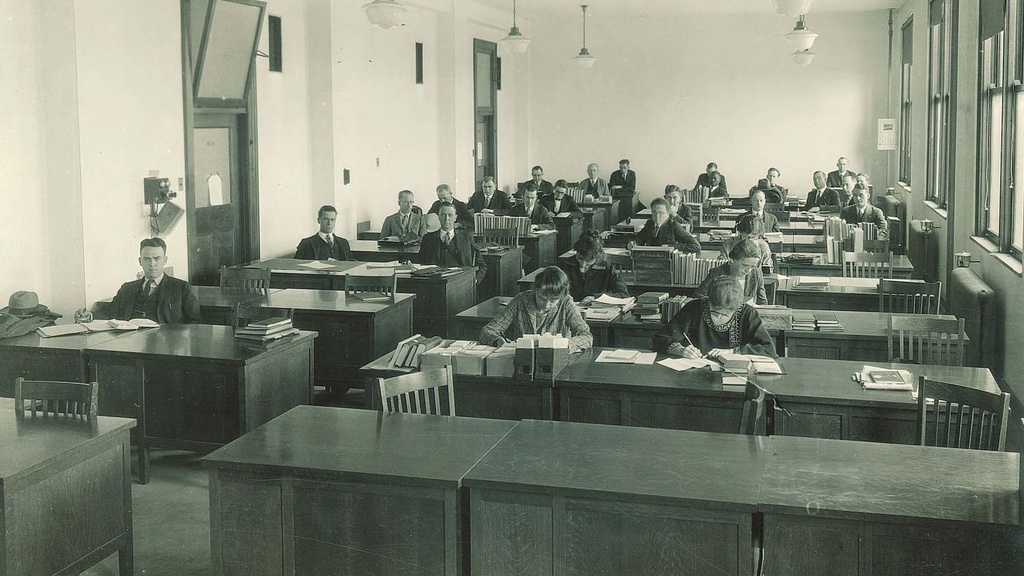
Iowa Academic Meet Starts
1929E. F. Lindquist, educational leader, scholar, inventor, and teacher, creates the Iowa Academic Meet, the impetus for the development of the world-renowned Iowa Testing Programs (ITP).
Soon after in 1935, ITP authors the first Iowa Tests of Basic Skills (renamed Iowa Assessments).
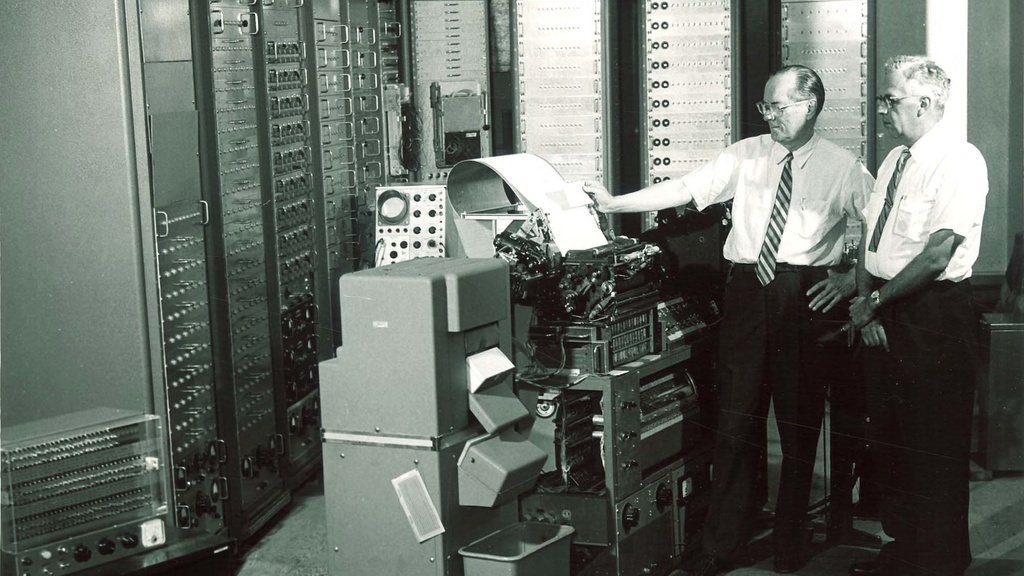
Lindquist invents optical scanner
1955E.F. Lindquist revolutionizes test scoring by inventing the first optical scanner, allowing tests to be accurately scored by high-speed equipment rather than by hand.
Then in 1959, ITP spins off the most widely accepted college entrance exam to American College Testing Program, Inc., now known as ACT.
College begins counselor training
1957University establishes the first Rehabilitation Counseling program west of the Mississippi.
- 1968
Iowa Testing Programs spins off its test scoring operation and equipment to what is now Pearson Education, the largest test scoring and processing corporation in the world.
College starts professional development support
1979College establishes I-HELP to offer continuing education credit for Iowa's helping professionals.
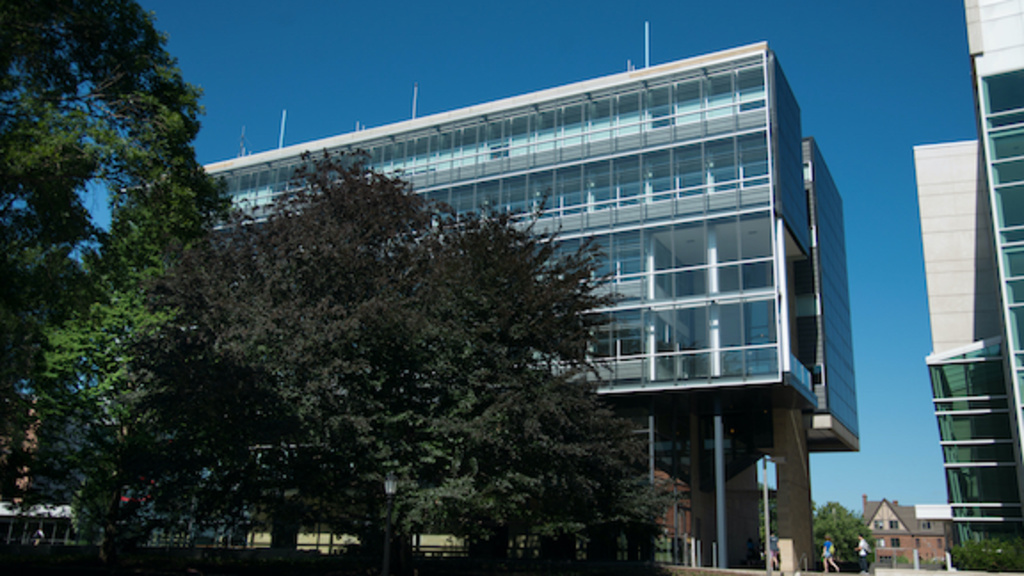
Belin-Blank Center established
1988The Connie Belin and Jacqueline N. Blank International Center for Gifted Education and Talent Development established as Iowa’s first center for gifted education and the most comprehensive center of its kind.
- 2002
The Center for Advanced Studies in Measurement and Assessment (CASMA) begins interdisciplinary and international research-based initiatives, leading to advancements in the methods and practice of educational measurements and assessments.
CRUE launches
2005Professor Ernest T. Pascarella, author of the field's most-cited book, launches the Center for Research in Undergraduate Education (CRUE), dedicated to the study of undergraduate education in America.
Online learning leaders
2006The Educational Leadership program becomes the University’s first to offer its entire program “live” online through real-time, web-based technology. Students have the option of completing coursework on campus or “live” on their own desktop computers.
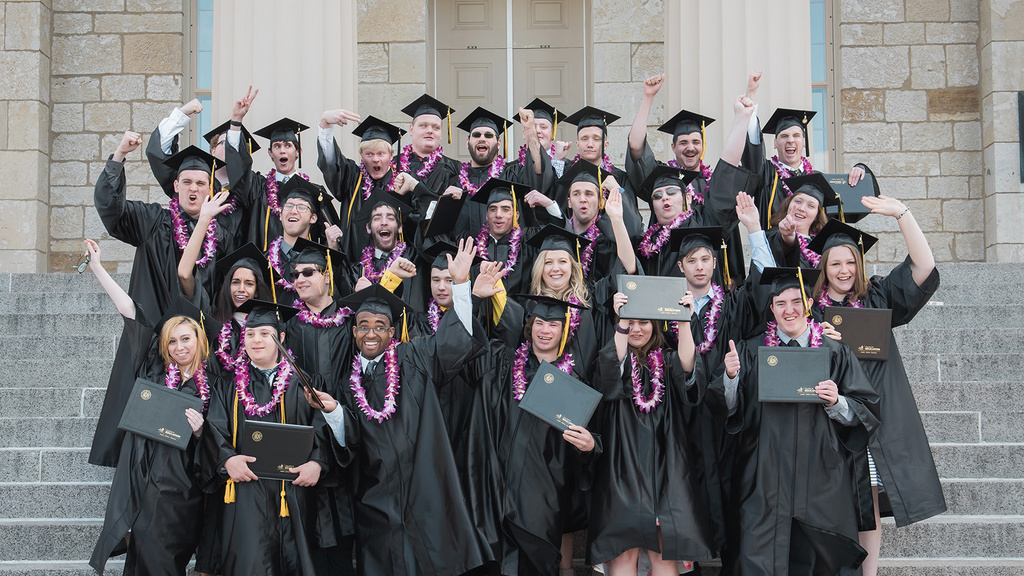
UI REACH begins
2007UI REACH (Realizing Educational And Career Hopes) is the first program of its type at a major public university that educates young adults with cognitive and learning disabilities.
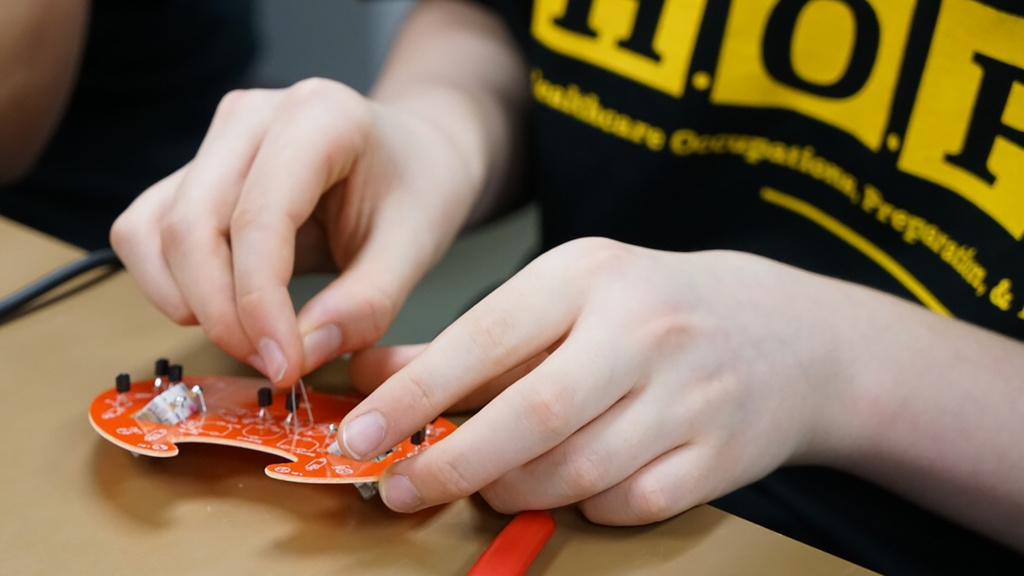 2009
2009Project HOPE (Healthcare Occupations Preparation and Exploration) begins, connecting diverse middle school students to health science careers and supporting rural communities.
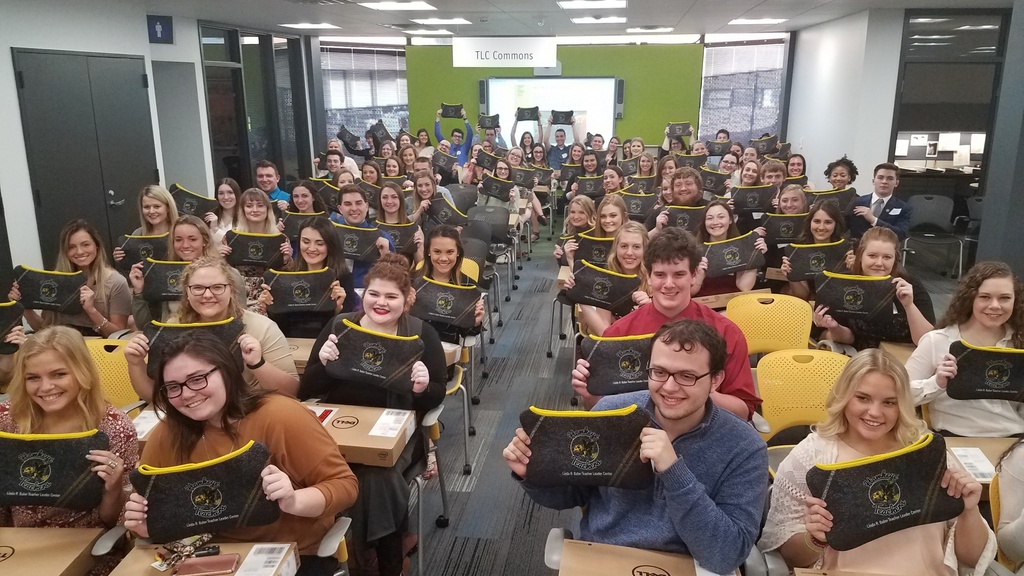
Baker Teacher Leader Center established
2011The Linda R. Baker Teacher Leader Center is established to provide hands-on technology training, teacher workshops, and professional development.
- 2015
The Iowa Reading Research Center comes to College of Education.
Bucksbaum Early-Entrance Academy begins
2016Belin-Blank Center establishes an early-entrance academy made possible with a gift from Mary Bucksbaum Scanlan.
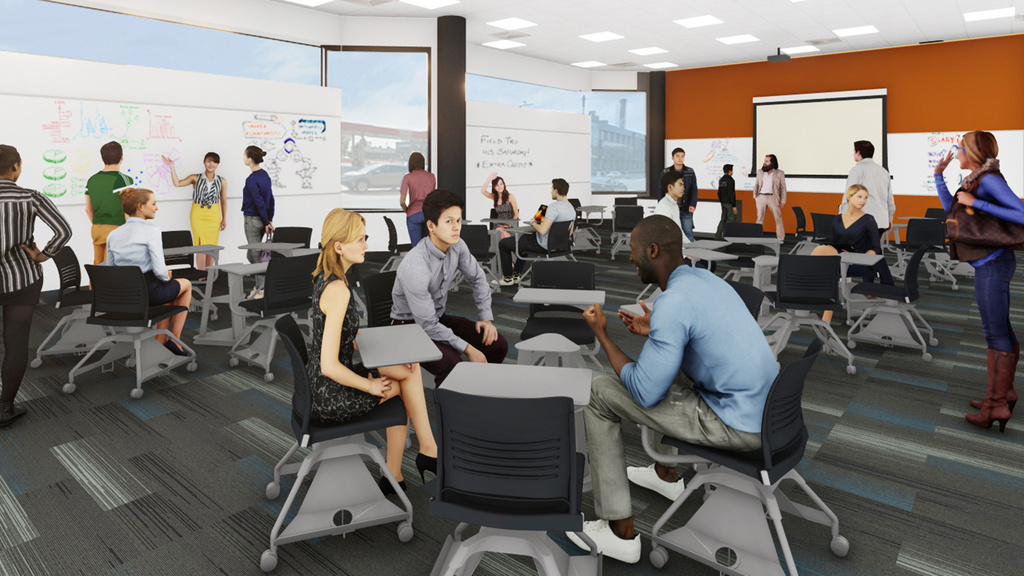
Lindquist Center Renovation
2020A major Lindquist Center renovation begins thanks to generous donors, earnings, and general university funds. The renovation adds six new technology-enhanced, collaborative classrooms and spaces, a welcoming new student-oriented service center, and collaborative space in the second-floor of North Lindquist that includes the Office of Student Services staff, undergraduate advising, recruitment, and the dean’s office administration office.
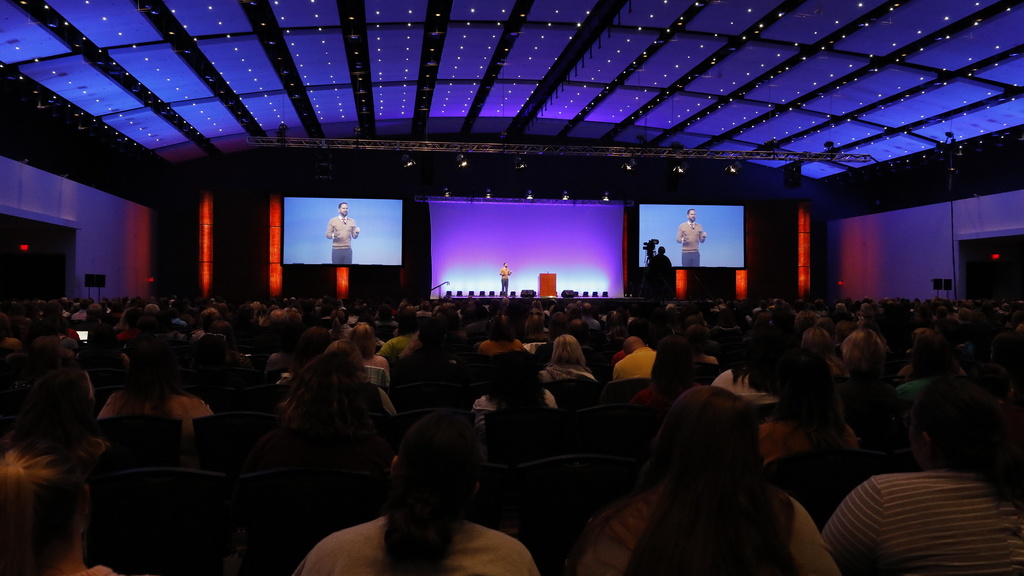
Scanlan Center for School Mental Health created
2021The Scanlan Center for School Mental Health is created, thanks to a partnership between the Iowa Department of Education and the University of Iowa College of Education. The center expands support for mental health to Pre-K-12 educators and schools across the state, including training, resources, research, and outreach to support student mental health.
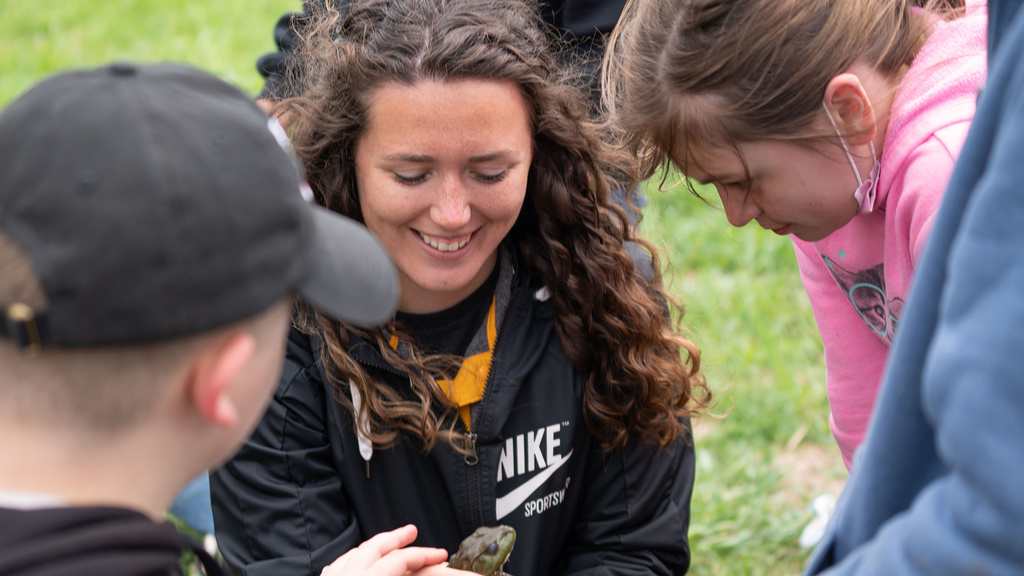
Wildlife comes to the college
2021The School of the Wild, UI Wildlife Camps, and The Raptor Project join the College of Education, reaching more students and teachers across Iowa. This also provides opportunities for teacher education students to learn to use the outdoor environment as their classroom, leading to improved outcomes for student learning and social-emotional development and creating opportunities for research and training grants through continued collaborations and new partnerships.
More History
Find more in-depth points of pride in our full history below.
Full History
1847
Iowa legislators create the State University of Iowa, the state's first public institution of higher education to provide teacher training for Iowa's growing population.
1858
Five of the University’s first six degrees conferred are granted to teacher education graduates.
1872
The University creates the nation’s first permanent college-level department of education.
1929
E. F. Lindquist, educational leader, scholar, inventor, and teacher, creates the Iowa Academic Meet, the impetus for the development of the world-renowned Iowa Testing Programs.
1935
Iowa Testing Programs authors the first Iowa Tests of Basic Skills (renamed Iowa Assessments).
1942
Iowa Testing Programs authors the first Iowa Tests of Educational Development.
1955
E.F. Lindquist revolutionizes test scoring by inventing the first optical scanner, allowing tests to be accurately scored by high-speed equipment rather than by hand.
1957
University establishes the first Rehabilitation Counseling program west of the Mississippi.
1959
Iowa Testing Programs spins off America’s most widely accepted college entrance exam to American College Testing Program, Inc., now known as ACT.
1968
Iowa Testing Programs spins off its test scoring operation and equipment to what is now Pearson Education, the largest test scoring and processing corporation in the world.
1979
I-HELP established to offer continuing education credit for Iowa's helping professionals.
1988
The Connie Belin and Jacqueline N. Blank International Center for Gifted Education and Talent Development established as Iowa’s first center for gifted education. The Belin-Blank Center becomes the most comprehensive center of its kind, now housed in the Blank Honors Center.
1992
Center for Evaluation and Assessment (CEA) begins conducting multiple forms of program evaluation and assessment.
1996
ePortfolio to teach instructional technology, for use as an electronic assessment and job-seeking tool, and as a mechanism for building professional skills that easily transfers from the campus setting to the world of work.
1998
The Belin-Blank Center establishes the National Academy of Arts, Sciences and Engineering (NAASE), the first program of its kind at a major state research institution to admit outstanding high school seniors as full-time students prior to high school graduation.
2002
The Center for Advanced Studies in Measurement and Assessment (CASMA) begins interdisciplinary and international research-based initiatives, leading to advancements in the methods and practice of educational measurements and assessments.
2005
Professor Ernest T. Pascarella, author of the field's most-cited book, launches the Center for Research in Undergraduate Education (CRUE), dedicated to the study of undergraduate education in America.
2006
The Educational Leadership program becomes the University’s first to offer its entire program “live” online through real-time, web-based technology. Students have the option of completing coursework on campus or “live” on their own desktop computers.
The School Counseling program establishes the nation's first emphasis in gifted education.
The Belin-Blank Center establishes the Institute for Research and Policy on Acceleration, an international clearinghouse for the study of curricular acceleration for academically talented children.
2007
UI REACH (Realizing Educational And Career Hopes) is the first program of its type at a major public university that educates young adults with cognitive and learning disabilities to reach their full potential through a two-year, campus-based, non-degree program. Students acquire skills necessary to become independent, productive adults living and working in the community. The program also trains future generations of educators to work with this population.
2008
Iowa Testing Programs develops the HiSET™, a high-school equivalency test in conjunction with Educational Testing Service.
2009
Project HOPE (Healthcare Occupations Preparation and Exploration) begins, connecting diverse middle school students to health science careers.
The College’s Office of Graduate Teaching Excellence becomes the nation’s first to offer a Graduate Certificate in College Teaching, preparing University of Iowa doctoral students to be successful teachers of adult learners.
2010
The Belin-Blank Center’s National Institute for Twice Exceptionality is the nation’s first to focus on gifted students who have learning or social impairments.
2011
The Teacher Leader Center is established to provide hands-on technology training, teacher workshops, and professional development.
Iowa Testing Programs develops the Iowa Assessments™ to assess student performance and college readiness.
2013
The Iowa iPad Project, initiated with a gift from Linda Baker, gives future teachers the technology and training needed in 21st-century classrooms.
2014
I-SERVE (Iowa Support, Education, and Resources for Veterans and Enlisted) is founded to provide resources and community for veteran students.
2015
Partnership with the Kirkwood Regional Center provides new avenues for teacher preparation and collaboration.
Iowa Reading Research Center comes to College of Education.
2016
Opening of the Linda R. Baker Teacher Leader Center and the new collaborative space housing the Educational Technology Center, I-SERVE, ICATER, and computer labs.
Inaugural meeting of the College of Education Advisory Board.
Belin-Blank Center establishes an early-entrance academy made possible with a gift from Mary Bucksbaum Scanlan.
2020-2021
A major Lindquist Center renovation is completed, thanks to generous donors, earnings, and general university funds. The renovation results in six new technology-enhanced, cutting-edge, collaborative classrooms and spaces on the first floor of South Lindquist and one in North Lindquist. The renovation also adds a welcoming new student-oriented service center and collaborative space in the second-floor of North Lindquist that includes the Office of Student Services staff, undergraduate advising, recruitment, and the dean’s office administration office.
2021
The Scanlan Center for School Mental Health is created, thanks to a partnership between the Iowa Department of Education and the University of Iowa College of Education. The center expands support for mental health to Pre-K-12 educators and schools across the state, including training, resources, research, and outreach to support student mental health.
The School of the Wild, UI Wildlife Camps, and The Raptor Project join the College of Education under the umbrella of UI WILD (Wildlife Instruction and Leadership Development), reaching more students and teachers across Iowa. This also provides opportunities for teacher education students to learn to use the outdoor environment as their classroom, leading to improved outcomes for student learning and social-emotional development and creating opportunities for research and training grants through continued collaborations and new partnerships.